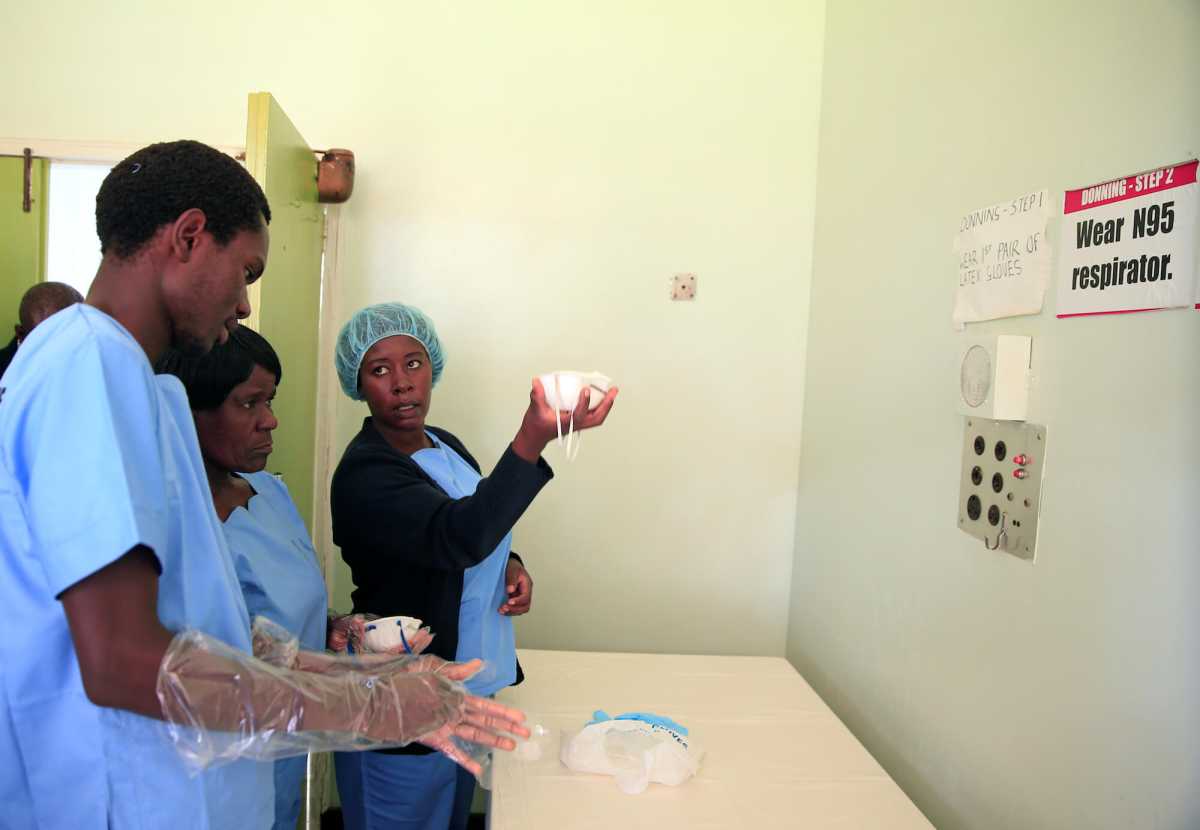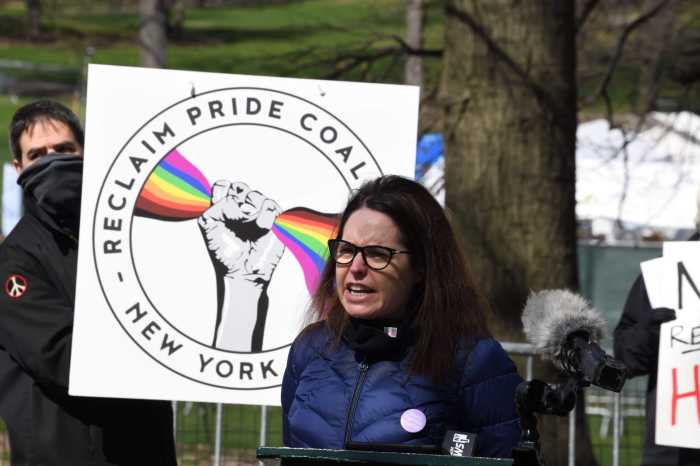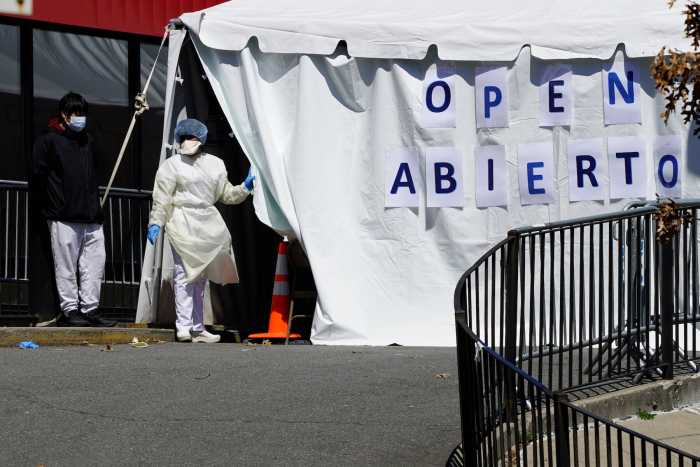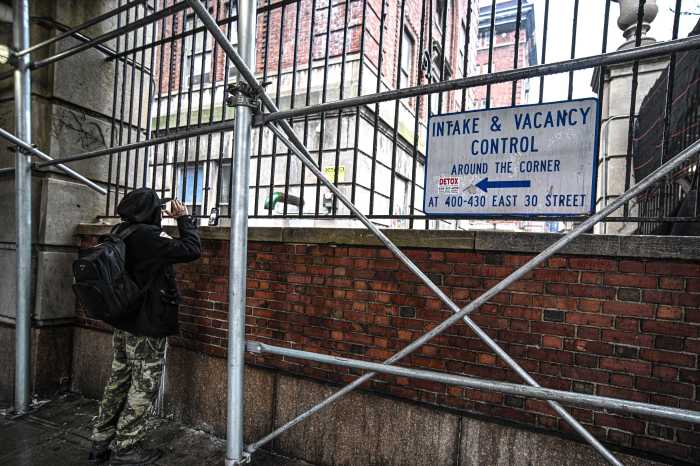The Joint United Nations Programme on HIV/AIDS (UNAIDS) and the World Health Organization (WHO) are warning that disruptions in healthcare services due to the coronavirus pandemic could lead to an extra 500,000 AIDS-related deaths in sub-Sarahan Africa by next year, more than doubling the death toll in 2018.
The estimations, made by a modeling group assembled by the two groups, indicate that six months of interrupted antiretroviral therapy could exacerbate suffering in a region where roughly 470,000 people died of AIDS-related complications in 2018.
The nature of the disruptions vary, but are all related to the effects of the coronavirus pandemic. In many places, HIV/ AIDS service providers are closed or are facing gaps in the supply chain, while some other health providers are unable to meet the needs of people living with HIV/ AIDS because they are busy responding to people with coronavirus, according to WHO and UNAIDS.
If swift action is not taken, experts say the looming health consequences could compare to 2008, when more than 950,000 people perished due to AIDS complications in the region.
Less than two-thirds (64 percent) of the 25.7 million people living with HIV in sub-Saharan Africa were on treatment in 2018, underscoring the vulnerability of a population that is already struggling to receive adequate healthcare. With those horrifying scenarios in mind, UNAIDS and WHO officials are stressing that HIV/ AIDS-related care in the region cannot be compromised just because another health crisis has emerged.
“The COVID-19 pandemic must not be an excuse to divert investment from HIV,” Winnie Byanyima, executive director of UNAIDS, said in a written statement. “There is a risk that the hard-earned gains of the AIDS response will be sacrificed to the fight against COVID-19, but the right to health means that no one disease should be fought at the expense of the other.”
Dr. Tedros Adhanom Ghebreyesus, the director-general of the World Health Organization, agreed with Byanyima, saying that folks must use the data as a “wake-up call” to encourage countries to find ways to maintain all vital health services.
Ghebreyesus pointed to the work being done in some countries to make sure individuals can pick up their treatment in bulk and receive other necessities, such as self-testing kits, in order to alleviate the pressure on healthcare systems.
“We must also ensure that global supplies of tests and treatments continue to flow to the countries that need them,” Ghebreyesus stated.
Among other potential consequences, the shortage of HIV/ AIDS healthcare services could worsen the outbreak of HIV in the region because of lack of access to condoms. Furthermore, if individuals living with HIV are unable to receive adequate antiretroviral therapy, their viral loads will increase and they will no longer be non-infectious to their sexual partners.
The rate of mother-to-child transmission, experts say, could also worsen. New infections among children in the region dipped by 43 percent between 2010 and 2018 thanks to more robust health services. A six-month reduction in those services could lead to a spike in HIV infections among children by as high as 37 percent in Mozambique, 78 percent in Malawi and Zimbabwe, and 104 percent in Uganda.
In total, UNAIDS and WHO reviewed five different models examining what would happen if treatment is disrupted in the region for a period ranging between three to six months. The lower models foresaw an uptick of 471,000 deaths, while the higher models predicted 673,000 fatal cases.
To sign up for the Gay City News email newsletter, visit gaycitynews.com/newsletter.





































